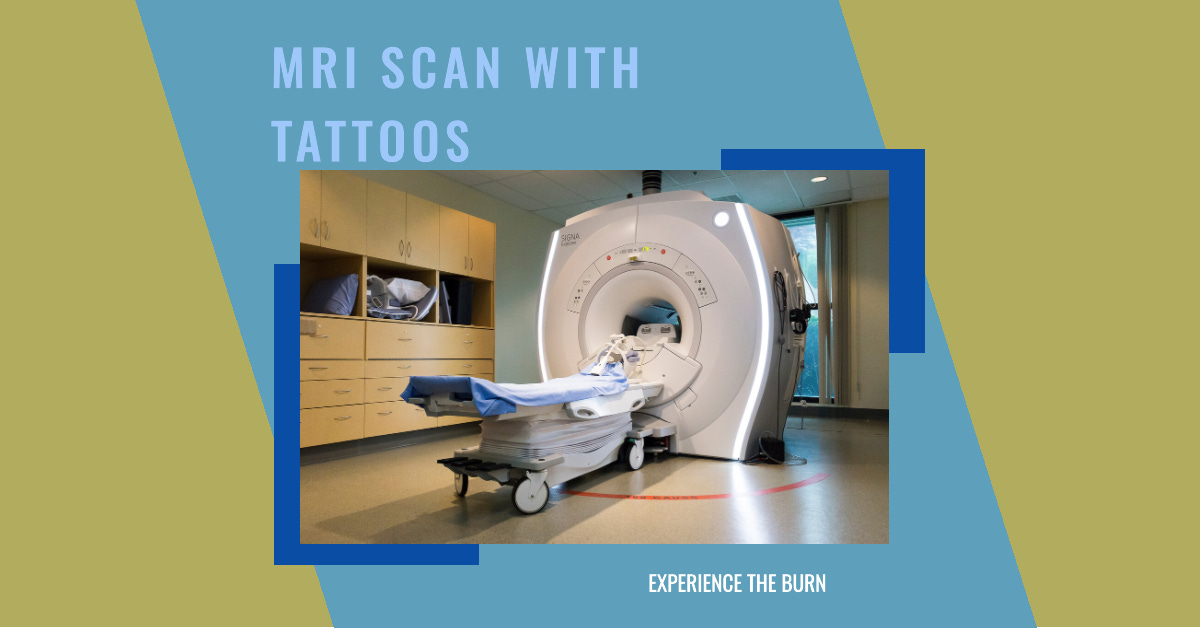🔥MRI Machines and Tattoos: The Hidden Metal in Your Tattoo
Tattoos are a beautiful form of self-expression, but did you know they could pose challenges in the MRI room? Dive into Sarah's story to learn about the potential risks and how to navigate them.
Case Story: The Tattoo's Magnetic Pull
Sarah had always been proud of the intricate Celtic knot tattoo that adorned her ankle, a symbol of her Irish heritage. It had been with her for over a decade, a constant reminder of her roots and her adventurous youth. The jet-black ink stood out prominently against her pale skin, a testament to the artist's skill with the needle.
Last year, Sarah started experiencing a series of unexplained headaches. Concerned, her doctor suggested she undergo an MRI (Magnetic Resonance Imaging) to rule out any potential issues. Sarah, being well-informed, had heard of incidents where tattoos interfered with MRI scans but thought it was a rare occurrence. After all, her tattoo was just ink on skin, wasn't it?
As Sarah lay inside the MRI machine, she felt an unexpected sensation: a tingling warmth on her ankle. The sensation quickly intensified, turning into a burning feeling. Panicking, she immediately pressed the emergency button to alert the technician.
The procedure was halted, and Sarah was extracted from the machine. Her tattoo was visibly reddened and felt unusually warm to the touch. The MRI technician informed her that certain tattoo inks, especially older varieties, contained metal particles. These metallic components, when subjected to the strong magnetic field of an MRI machine, can heat up and cause burns or discomfort.
Thankfully, Sarah's reaction was mild. She was provided with a cooling gel and advised to monitor the area. The medical team decided to proceed with caution, adjusting the MRI parameters to reduce the risk, and successfully completed the scan without further incidents.
The experience was an eye-opener for Sarah. She had never imagined her cherished tattoo could pose a health risk in such an unexpected way. She made it a point to inform her friends and family with tattoos about her experience, hoping to spread awareness about the potential interaction between tattoos and MRI procedures.
EVERYTHING ABOUT TATTOO
What is a tattoo?
A tattoo is a form of body modification where a design is made by inserting ink, dyes, and pigments, either indelible or temporary, into the dermis layer of the skin to change its pigment.
After a tattoo procedure:
1. Initial redness around the tattooed area.
2. Mild swelling.
3. Itchiness during the healing process.
Causes:
The desire for tattoos can stem from various reasons such as:
- A personal symbolic meaning or memory.
- Aesthetic appreciation.
- Cultural or tribal affiliations.
- Rebellion or self-expression.
After care:
1. Aloe Vera: Calms inflammation and promotes healing.
2. Chamomile: Reduces redness and irritation.
3. Calendula: Accelerates the healing process.
Encouragement Quote
"Ink on your skin, stories in your heart. Tattoos are the mark of a journey, not just an adornment."
According to the National Institutes of Health, while tattoos are widely accepted in modern culture, it's essential to be aware of potential complications. These include infections, allergic reactions, and the risk of diseases like Hepatitis if proper hygiene standards are not maintained. Proper aftercare is crucial for maintaining the quality of the tattoo and overall skin health.
#TattooJourney #InkLife #BodyArt #TattooCare #HerbalHealing




